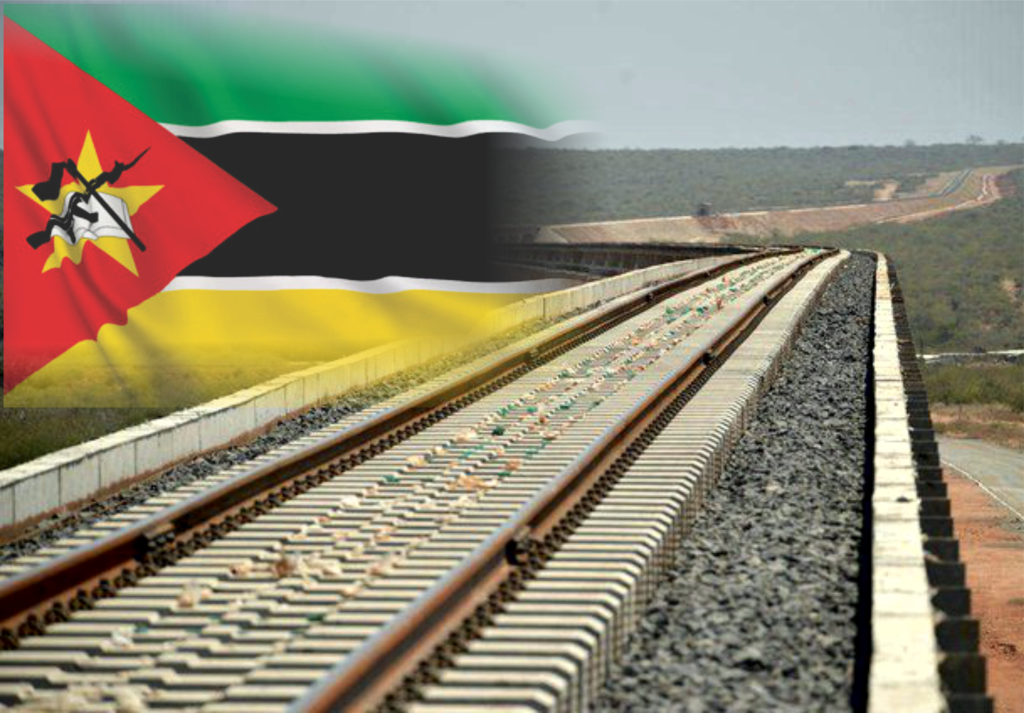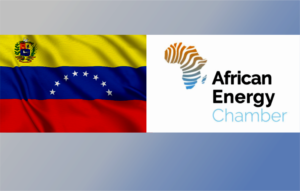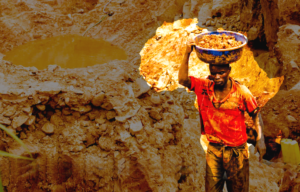Mozambique Transport Corridors, Promise Economic Growth and Connectivity

Beginning from the bustling port of Maputo to the emerald rail lines stretching toward Malawi and Zambia, Mozambique is laying the tracks literally and figuratively, for an economic transformation powered by logistics.


Transport corridors, once just lifelines for regional trade, are fast becoming the arteries of the government’s ambition to reposition the nation as Southern Africa’s logistics powerhouse. Minister of Transport and Logistics João Jorge Matlombe calls them “the drivers of Mozambique’s economic transformation,” and his words carry the urgency of a country eager to transcend its role as a mere transit route.
The government’s focus rests on three major arteries: the Maputo, Beira, and Nacala corridors. These routes are design to serve Mozambique’s internal economy and also connect landlocked neighbours like Malawi, Zimbabwe, Zambia and the Democratic Republic of Congo, to global markets through Mozambique’s ports.
“Our priority is the rehabilitation and modernisation of these corridors. “That means expanding port capacity, modernising railway lines and improving roads to ensure efficiency and competitiveness” – says Matlombe.
The effort is monumental. This is an infrastructural development featuring rails, roads, ports and digital trade systems designed to reduce bureaucracy and speed up customs clearance. The government is actively scouting private investors and development agencies to fund and operate key corridor projects Mozambique.
In humanizing this development beyond the blueprints and budgets, lie diverse families’ hoping-concerns for jobs in the port cities, hosting traders that are seeking smoother routes to market, and of a nation striving to turn its geographic location into various business advantage.

If Mozambique succeeds, it will brew her faster into an industrialised nation that will become a regional influence; and perhaps drive-in a new national identity built on developmental economic-motion and connection.
As Matlombe puts it – “Our goal is to shift from being simply a transit country to becoming a logistics and services hub that adds value to regional trade”.






